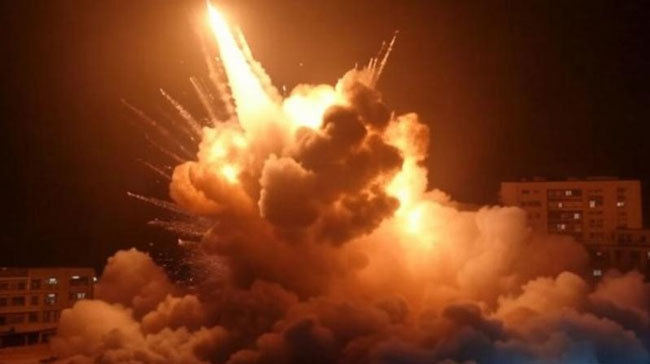Desk:In a powerful and coordinated military operation named ‘Operation Sindoor’, the Indian Armed Forces launched air strikes deep inside Pakistan and Pakistan-occupied Kashmir (PoK), targeting and destroying several terrorist hideouts. Following the strikes, panic has gripped Pakistan. While some leaders issue nuclear threats, others, including ministers from Prime Minister Shehbaz Sharif’s cabinet, are now calling for a ceasefire.
Late at night, gripped by fear of further Indian air raids, the Pakistani government abruptly shut down its airspace over Lahore and Islamabad airports. According to the Pakistan Airport Authority (PAA), all commercial flights from these major hubs have been suspended. Earlier, on Wednesday, Pakistan had imposed a blanket 48-hour no-fly zone across the country. However, under the new directive, Karachi’s airspace remains open.
India’s Response: Operation Sindoor
On April 22, following a terror attack in Pahalgam, Jammu & Kashmir, that claimed the lives of 26 civilians, India retaliated with ‘Operation Sindoor’ — a bold cross-border mission aimed at dismantling the roots of terrorism.
The Indian Air Force, in coordination with the Army and Navy, targeted 9 terrorist camps across Pakistan and PoK. The strikes primarily aimed at dismantling infrastructure of Jaish-e-Mohammed, Lashkar-e-Taiba, and Hizbul Mujahideen. These night-time operations were planned to ensure strategic advantage and minimum exposure.
According to Indian defense sources, approximately 90 terrorists were neutralized and 9 terror hubs were obliterated.
Escalation and Reactions
On the other side, Pakistani officials claim that 31 civilians have died and dozens have been injured in the Indian strikes. Prime Minister Shehbaz Sharif condemned the operation, calling it a “declaration of war”, and asserted that Pakistan reserves the right to respond. Defense Minister Khawaja Asif stated that Pakistan does not seek war but warned that any retaliation would target Indian military establishments only.




